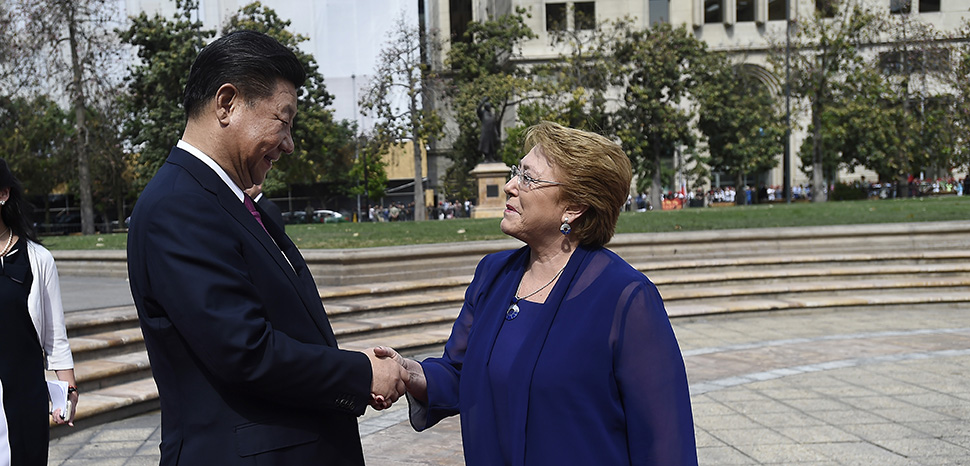MATTHEW IMPELLI
The World Bank recently predicted that the global economy could continue to decline in the coming months, as the world faces numerous crises, such as the ongoing war in Ukraine and the COVID-19 pandemic.
In a recent video posted to Twitter by the World Bank, Prospects Group Director, Ayhan Kose said, "Things have gotten, unfortunately, much worse than what we expected. We were expecting a slowdown, that slowdown is much more pronounced now. Growth is going to go down to 2.9 percent, at the global level, last year it was 5.7 percent."
Kose continued, "So global economy is facing overlapping crisis. Of course, we have the war in Ukraine and its repercussions. We have increasing interest rates, tightening financial conditions. And the third crisis that's still with us is the health crisis...So, it is a difficult period for the global economy."
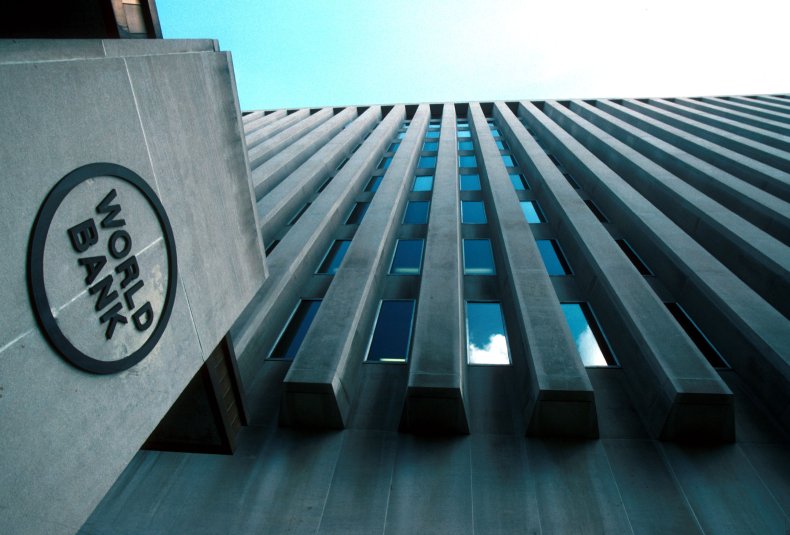 Ayhan Kose, the World Bank Prospects Group Director recently warned that the global economy could continue to decline in the coming months. Here, the World Bank building is seen on October 5, 2000 in Washington, D.C.PER-ANDERS PETTERSSON/GETTY
Ayhan Kose, the World Bank Prospects Group Director recently warned that the global economy could continue to decline in the coming months. Here, the World Bank building is seen on October 5, 2000 in Washington, D.C.PER-ANDERS PETTERSSON/GETTY
The remarks by Kose come shortly after the World Bank published a report about the rising risk of "stagflation."
According to the report, the global economic growth is expected to remain at around 2.9 percent, which is "significantly lower than 4.1 percent that was anticipated in January," throughout 2023 and 2024," as the war in Ukraine disrupts activity, investment, and trade in the near term, pent-up demand fades, and fiscal and monetary policy accommodation is withdrawn."
"The war in Ukraine, lockdowns in China, supply-chain disruptions, and the risk of stagflation are hammering growth. For many countries, recession will be hard to avoid," World Bank President David Malpass said in the report, published on June 7. "Markets look forward, so it is urgent to encourage production and avoid trade restrictions. Changes in fiscal, monetary, climate and debt policy are needed to counter capital misallocation and inequality."
Last week, the U.S. Bureau of Labor Statistics announced that the inflation rate in the nation reached 8.6 percent in May which was "the largest 12-month increase since the period ending December 1981."
"The increase was broad-based, with the indexes for shelter, gasoline, and food being the largest contributors," the report by the Bureau of Labor Statistics said.
While U.S. President Joe Biden was blamed by several Republican lawmakers for the rising inflation, he issued a statement following the report by the Bureau of Labor Statistics, where he said, "My Administration will continue to do everything we can to lower prices for the American people. Congress must act urgently as well. I call on Congress to pass a bill to cut shipping costs this month and get it to my desk, so we can lower the price of goods."


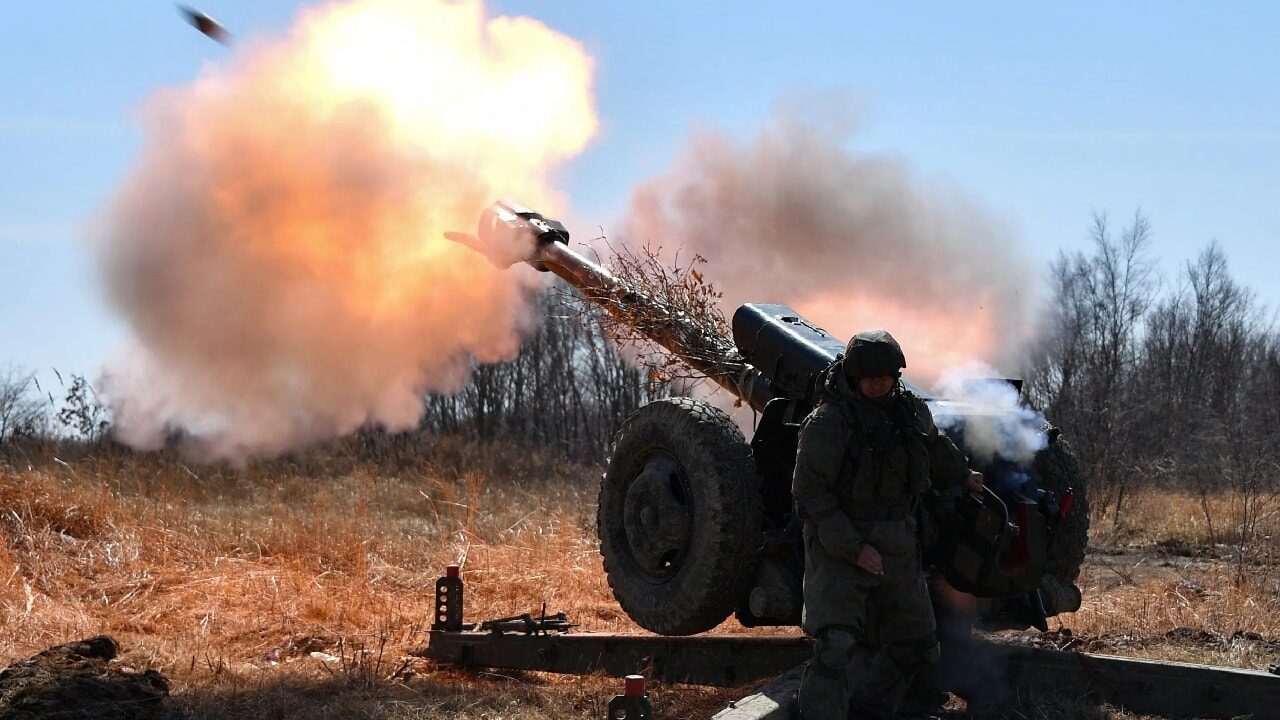
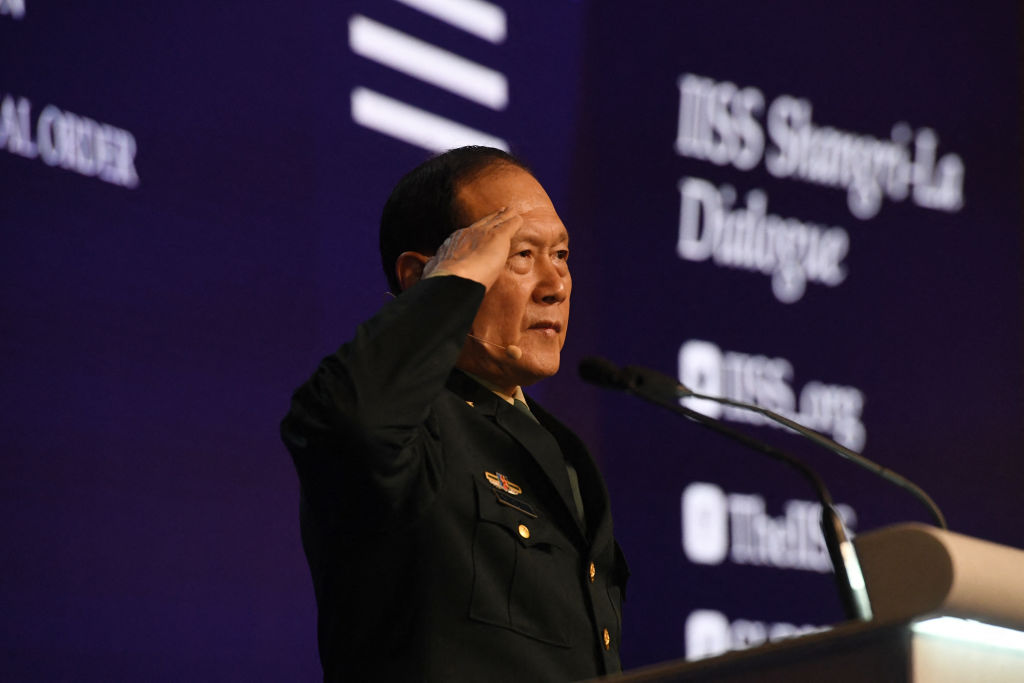




 Ayhan Kose, the World Bank Prospects Group Director recently warned that the global economy could continue to decline in the coming months. Here, the World Bank building is seen on October 5, 2000 in Washington, D.C.PER-ANDERS PETTERSSON/GETTY
Ayhan Kose, the World Bank Prospects Group Director recently warned that the global economy could continue to decline in the coming months. Here, the World Bank building is seen on October 5, 2000 in Washington, D.C.PER-ANDERS PETTERSSON/GETTY

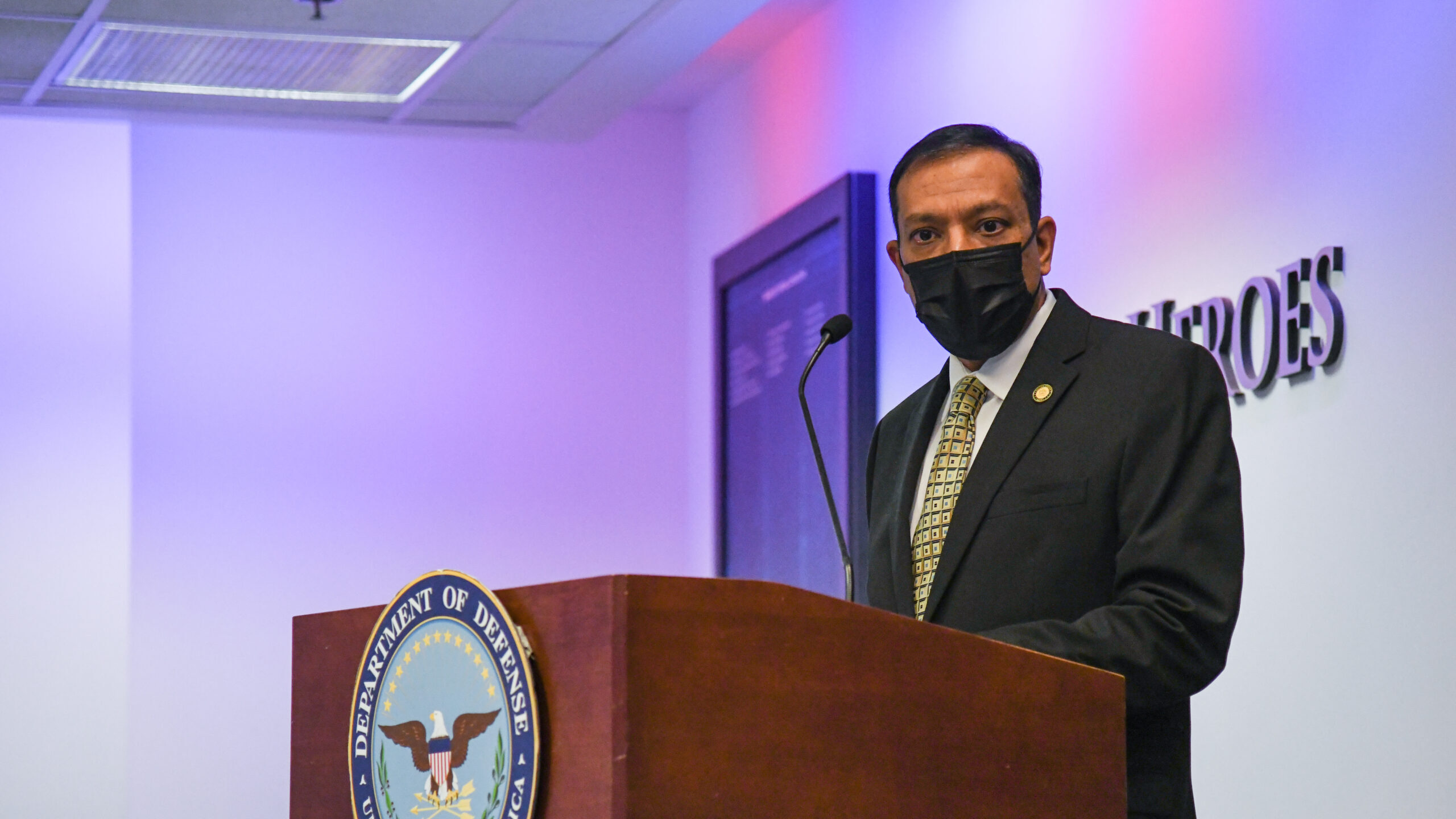
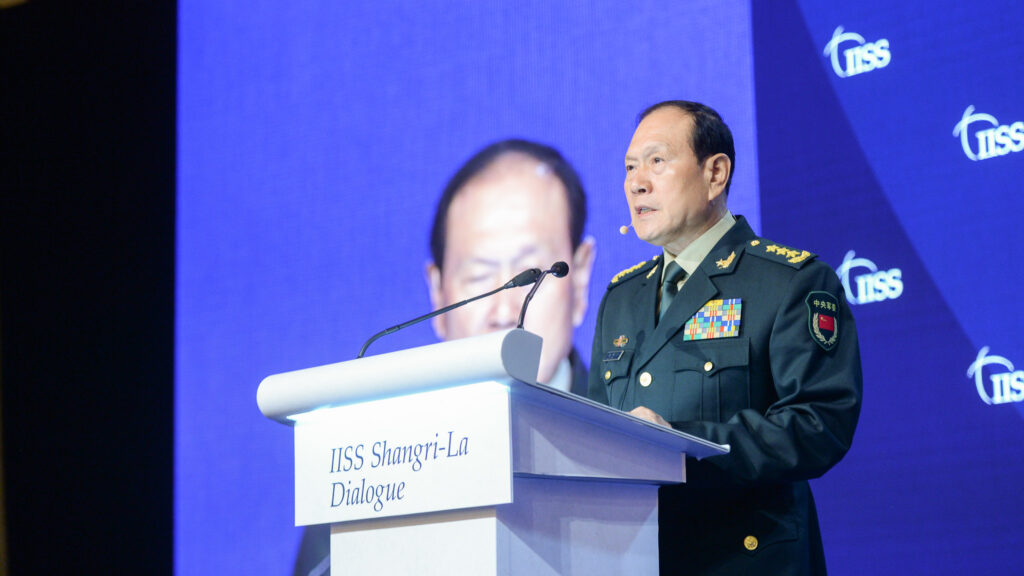


:quality(70)/cloudfront-us-east-1.images.arcpublishing.com/mco/53MYVHXT5JAJNBI7UCQKWFXMI4.jpg)
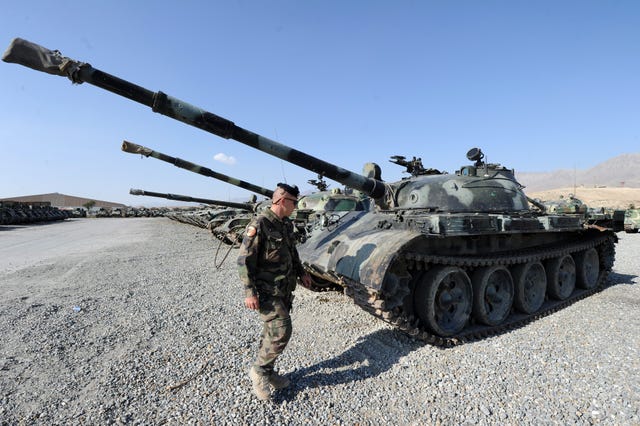

.jpg)
